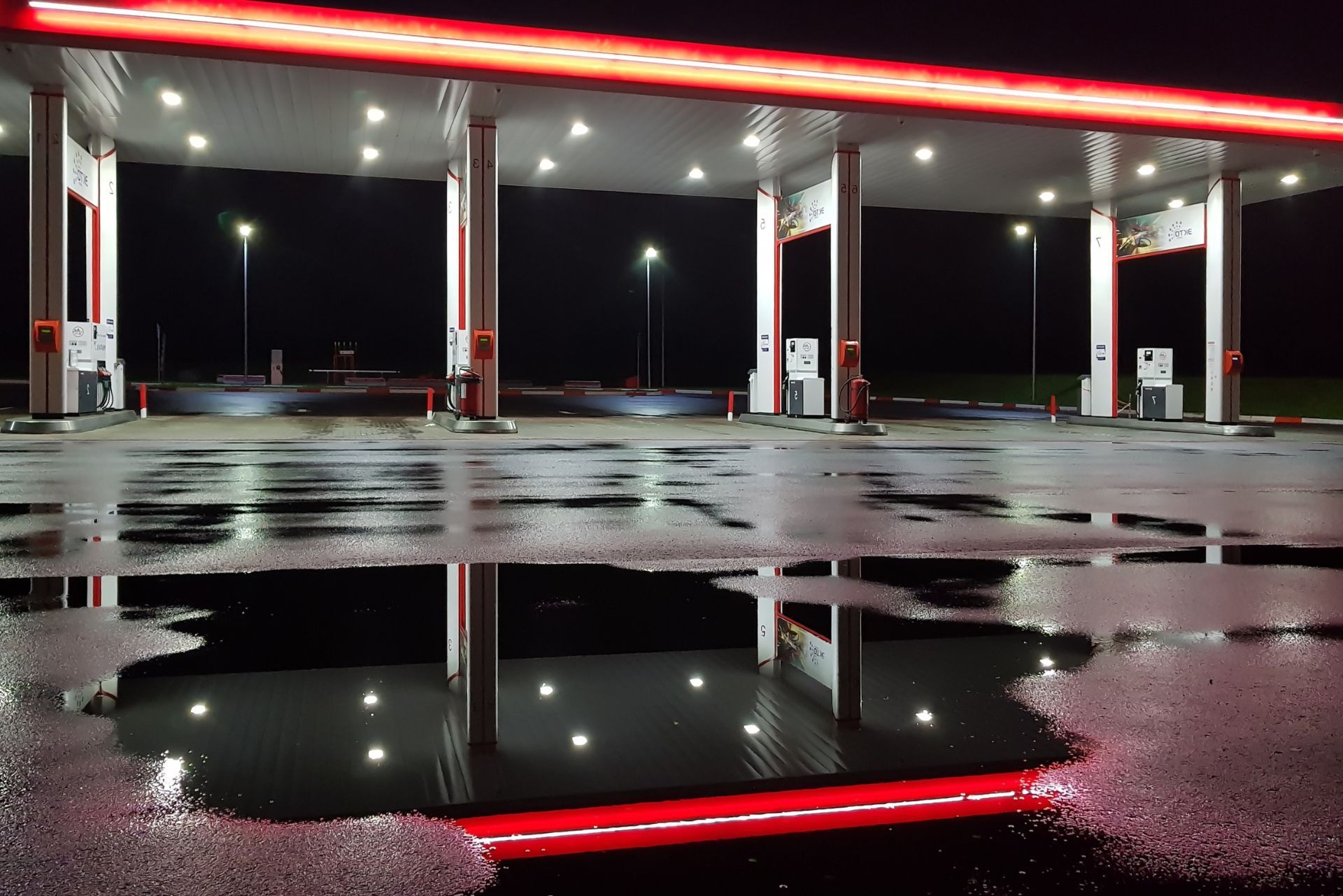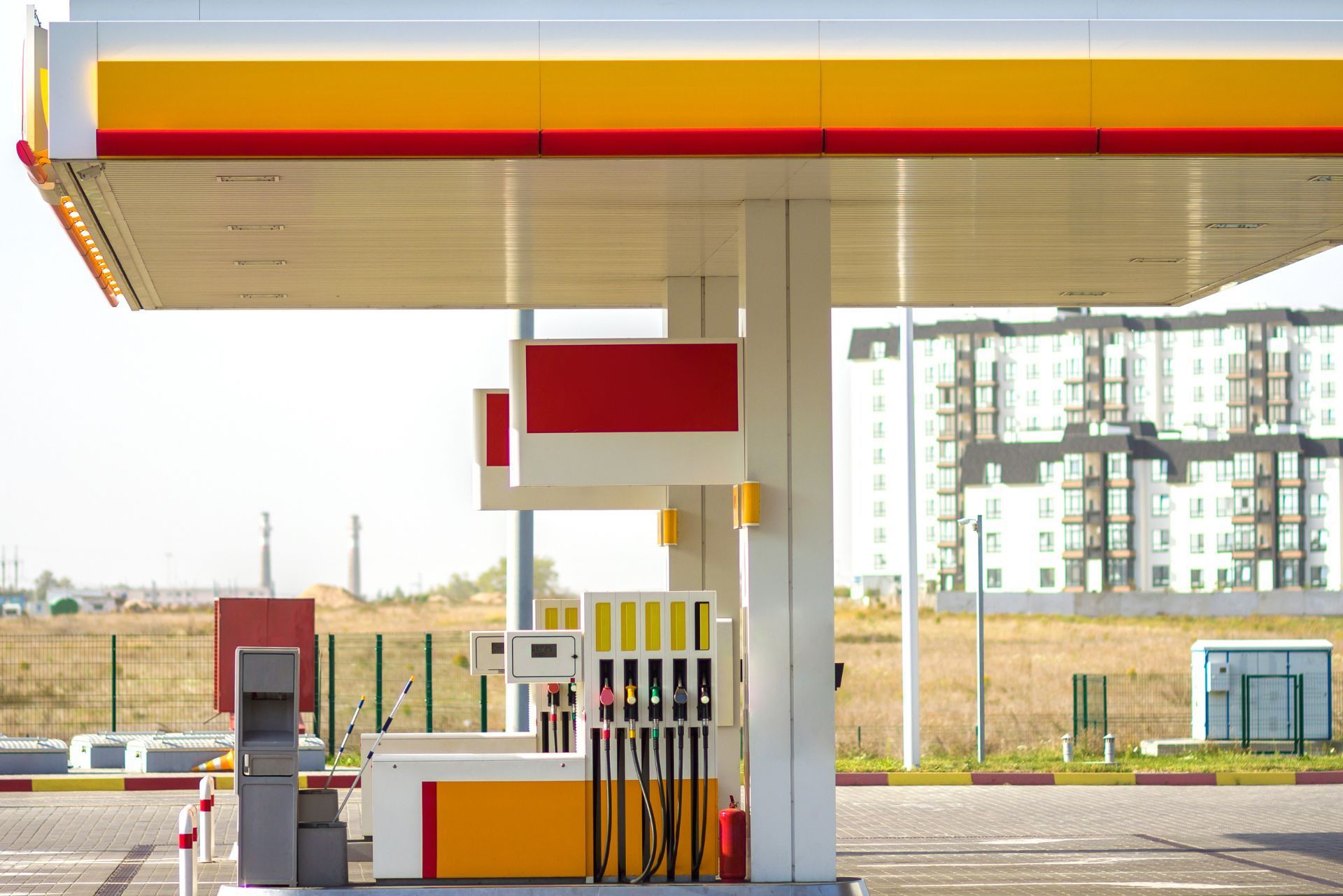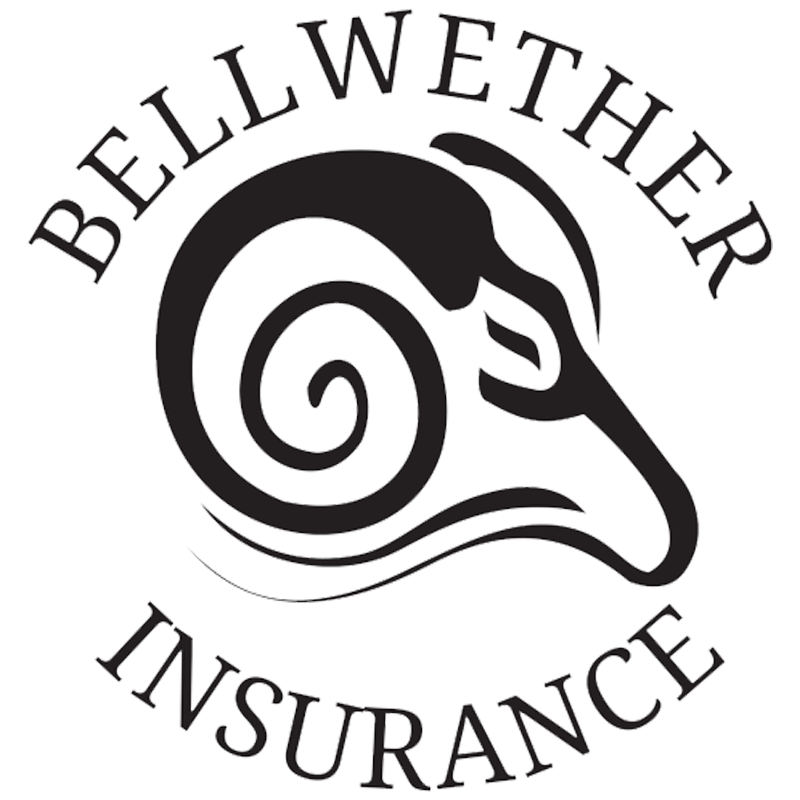Ohio Convenience Store & Gas Station Insurance

Index
Understanding the Basics of Convenience Store & Gas Station Insurance
Why Insurance is Crucial for Convenience Stores and Gas Stations
Choosing the Right Insurance Provider
Common Coverage Options for Convenience Stores and Gas Stations
Understanding Deductibles and Premiums
Cost Factors Influencing Insurance Premiums
Contact Us
Phone
216-600-2828
Location
100 N. Center Street PO Box 627 LaGrange, OH 44050
Operating a convenience store or gas station in Ohio comes with its own set of challenges and risks. From managing inventory to ensuring customer safety, the responsibilities are numerous. One of the most critical aspects of running such a business is securing the right
insurance coverage. This guide will delve into the various types of insurance available for convenience stores and gas stations in Ohio, helping owners make informed decisions to protect their investments.
Understanding the Basics of Convenience Store & Gas Station Insurance
Insurance for convenience stores and gas stations is designed to cover a variety of risks associated with these businesses. These risks can range from property damage to liability claims, making it essential to have comprehensive coverage. Understanding the basics of this insurance can help business owners navigate their options more effectively.
Types of Risks Covered
Convenience stores and gas stations face unique risks that require specialized insurance coverage. Common risks include theft, fire, natural disasters, and liability claims stemming from customer injuries. Additionally, gas stations may encounter specific hazards related to fuel storage and dispensing, which necessitate further protection. For instance, the presence of hazardous materials such as gasoline increases the likelihood of environmental liabilities, which can lead to costly cleanup operations and legal ramifications if not properly managed. Furthermore, the high volume of foot traffic in convenience stores can lead to slip-and-fall accidents, making it crucial for owners to be proactive in mitigating these risks.
Key Insurance Policies
There are several types of insurance policies that convenience store and gas station owners should consider:
- General Liability Insurance: This policy protects against claims of bodily injury, property damage, and personal injury. It is essential for covering legal fees and settlements.
- Property Insurance: This covers damage to the physical location, including the building, inventory, and equipment, due to events like fire, theft, or vandalism.
- Workers' Compensation Insurance: Required by law in Ohio, this insurance provides coverage for employees who are injured on the job, ensuring they receive medical care and compensation for lost wages.
In addition to these standard policies, convenience store and gas station owners should also consider specialized coverages such as business interruption insurance, which can help replace lost income during periods of closure due to unforeseen events. Moreover, cyber liability insurance is becoming increasingly relevant as more businesses adopt digital payment systems, protecting against data breaches and cyber-attacks that could compromise customer information. As the landscape of risks continues to evolve, staying informed about the latest insurance options is vital for safeguarding these essential community businesses.

Why Insurance is Crucial for Convenience Stores and Gas Stations
Insurance is not just a legal requirement; it is a vital component of risk management for convenience stores and gas stations. The financial implications of a significant loss can be devastating, making it essential to have the right coverage in place.
Financial Protection
In the event of an accident, natural disaster, or theft, the costs can quickly escalate. Insurance provides a safety net that can cover repairs, replacements, and legal fees, allowing business owners to recover without facing crippling financial burdens. For instance, if a gas station experiences a fuel spill, the cleanup costs can be astronomical, not to mention the potential environmental fines. Having the right insurance policy can mitigate these risks and ensure that the business can continue operating smoothly, even in the face of unforeseen challenges.
Legal Compliance
Ohio law mandates certain types of insurance, such as workers' compensation. Failing to comply with these regulations can result in hefty fines and legal issues. Having the appropriate insurance ensures that businesses operate within the law, protecting owners from potential liabilities. Additionally, maintaining proper insurance coverage can enhance a business's reputation, as customers often feel more secure patronizing establishments that demonstrate responsibility and compliance. This can lead to increased customer loyalty and trust, which are invaluable in a competitive market.
Protection Against Liability Claims
Convenience stores and gas stations are often frequented by a diverse array of customers, which can increase the likelihood of accidents occurring on their premises. Slip and fall incidents, for example, can lead to significant liability claims. Liability insurance can cover medical expenses and legal fees associated with such claims, providing peace of mind for business owners. Furthermore, in an age where social media can amplify negative experiences, having robust liability coverage can protect a business's reputation and help manage public relations crises effectively.
Employee Coverage and Safety
Employees are the backbone of any convenience store or gas station, and their safety should be a top priority. Insurance not only covers the business but also protects employees through policies like workers' compensation. This coverage ensures that employees injured on the job receive the necessary medical care and compensation for lost wages, fostering a safer work environment. Additionally, investing in employee safety training can further reduce the likelihood of accidents, making insurance premiums more manageable over time. A well-trained staff can lead to fewer incidents and a more efficient operation, ultimately benefiting the business's bottom line.
Choosing the Right Insurance Provider
Selecting the right insurance provider is a crucial step in securing the best coverage for convenience stores and gas stations. Not all insurers are created equal, and finding one that understands the specific needs of the industry can make a significant difference.
Researching Insurance Companies
Start by researching insurance companies that specialize in commercial coverage for convenience stores and gas stations. Look for providers with a strong reputation, positive customer reviews, and experience in the industry. This background knowledge will help in making an informed decision. Additionally, consider reaching out to industry associations or local business groups, as they often have valuable insights and recommendations based on collective experiences. Networking with other convenience store owners can also provide firsthand accounts of which insurers have delivered exceptional service and support during claims processes.
Evaluating Coverage Options
Once potential providers are identified, the next step is to evaluate their coverage options. Compare policies to ensure they meet the unique needs of the business. Consider factors such as coverage limits, deductibles, and exclusions to find the best fit. It's also essential to examine the additional services that insurers may offer, such as risk management resources or loss prevention programs. These services can not only enhance the overall protection of your business but also potentially lower premiums by minimizing risks. Furthermore, inquire about the insurer's claims process; a streamlined and efficient claims handling system can save valuable time and reduce stress in the event of an incident.
In addition to the essential policies mentioned earlier, there are several other coverage options that convenience stores and gas stations may want to consider. These additional policies can provide further protection against specific risks, ensuring that businesses can operate smoothly even in the face of unforeseen challenges. Given the unique nature of these establishments, tailored coverage can make a significant difference in safeguarding assets and maintaining financial stability.
Product Liability Insurance
For convenience stores, product liability insurance is crucial. This coverage protects against claims arising from injuries or damages caused by products sold in the store. If a customer suffers an adverse reaction to a food item or other product, this insurance can help cover legal expenses and settlements. Furthermore, it is essential for store owners to regularly review their inventory and ensure that all products meet safety standards, as this can mitigate potential liabilities. Keeping detailed records of product sourcing and customer complaints can also be beneficial in the event of a claim, providing evidence that the store took necessary precautions to ensure product safety.
Business Interruption Insurance
Business interruption insurance provides financial support in the event that a business must temporarily close due to a covered loss, such as a fire or natural disaster. This policy can help cover lost income and ongoing expenses during the downtime, ensuring that the business can recover and resume operations. Additionally, it's important for business owners to understand the specifics of their policy, including the waiting period and the duration of coverage, as these factors can significantly impact the financial recovery process. By having a comprehensive disaster recovery plan in place, convenience stores and gas stations can better navigate the challenges of unexpected closures, allowing them to bounce back more swiftly and efficiently.

When selecting insurance coverage, understanding deductibles and premiums is essential. These financial components can significantly impact the overall cost of insurance and the level of protection provided. By grasping the nuances of these terms, policyholders can make informed decisions that align with their financial goals and risk tolerance.
What are Deductibles?
A deductible is the amount a policyholder must pay out of pocket before the insurance company covers the remaining costs. Higher deductibles often result in lower premiums, but they can also lead to significant expenses in the event of a claim. It is crucial for business owners to find a balance that works for their financial situation. For instance, a business that anticipates few claims might opt for a higher deductible to save on premium costs, while a company with more frequent claims may prefer a lower deductible to minimize out-of-pocket expenses during a loss.
Additionally, understanding the types of deductibles—such as per-incident deductibles or aggregate deductibles—can further clarify how they affect insurance costs. A per-incident deductible applies to each claim separately, while an aggregate deductible is the total amount the policyholder must pay before coverage kicks in for multiple claims. This distinction is vital for businesses that may face varying levels of risk across different operations or locations.
Calculating Premiums
Premiums are the regular payments made to maintain insurance coverage. They can vary based on several factors, including the type of coverage, the size of the business, and the level of risk associated with the operations. Understanding how premiums are calculated can help business owners budget effectively for their insurance needs. Factors such as the industry sector, claims history, and even credit scores can influence premium rates, making it essential for business owners to review their policies regularly and shop around for the best rates.
Moreover, some insurers offer discounts for implementing risk management practices or maintaining a safe work environment, which can further reduce premium costs. For example, businesses that invest in employee training programs or safety equipment may qualify for lower premiums due to their proactive approach to minimizing risk. This not only helps in managing insurance costs but also fosters a culture of safety within the organization, benefiting both employees and the bottom line.
Insurance Claims Process
Filing an insurance claim can be a daunting process, but knowing the steps involved can help streamline the experience. Understanding how to navigate the claims process is essential for business owners, especially during stressful situations. The stakes are often high, and a well-managed claims process can mean the difference between a swift recovery and prolonged financial strain. Familiarizing yourself with the nuances of your policy and the claims procedure can empower you to advocate effectively for your business.
Steps to File a Claim
1. Notify Your Insurance Provider: As soon as an incident occurs, contact your insurance provider to report the claim. They will guide you through the process and provide necessary forms. It's important to have your policy number and any pertinent details about the incident ready when you call, as this will help expedite the initial reporting process.
2. Document the Incident: Gather evidence related to the incident, including photographs, witness statements, and any relevant documentation. This information will support your claim. Consider creating a detailed timeline of events leading up to the incident, as this can provide context and clarity for the claims adjuster. Additionally, if applicable, keep records of any communications you have with your insurance provider or other parties involved.
3. Complete the Claim Form: Fill out the required claim form accurately and thoroughly. Provide all requested information to avoid delays in processing. Double-check your entries for accuracy, as even minor errors can lead to complications. If you're unsure about any section of the form, don't hesitate to ask your insurance provider for clarification to ensure that your submission is as complete as possible.
4. Follow Up: Stay in contact with your insurance provider throughout the claims process. Regular follow-ups can help ensure that your claim is being processed in a timely manner. Keeping a log of your interactions, including dates, times, and the names of representatives you speak with, can be beneficial if you need to escalate your claim or address any issues that arise.
Common Challenges in the Claims Process
While filing a claim may seem straightforward, challenges can arise. Common issues include disputes over coverage, delays in processing, and disagreements regarding the amount of compensation. Being prepared and having thorough documentation can help mitigate these challenges. It's also wise to familiarize yourself with the specific terms and conditions of your policy, as misunderstandings about coverage can lead to frustration and delays.
Moreover, the emotional toll of dealing with a loss can cloud judgment, making it crucial to approach the claims process with a clear mind. Many business owners find it helpful to consult with a claims adjuster or a legal advisor who specializes in insurance claims to navigate complex situations. These professionals can provide invaluable insights and help ensure that you receive the compensation you are entitled to, ultimately aiding in a smoother recovery process.
Cost Factors Influencing Insurance Premiums
Several factors can influence the cost of insurance premiums for convenience stores and gas stations. Understanding these factors can help business owners make informed decisions and potentially lower their costs.
Location of the Business
The geographical location of a convenience store or gas station can significantly impact insurance premiums. Areas with higher crime rates or a history of natural disasters may result in higher premiums due to increased risk.
Type of Products Sold
The type of products sold can also influence insurance costs. Stores that sell high-risk items, such as alcohol or tobacco, may face higher premiums due to the associated liability risks. Conversely, stores that focus on lower-risk products may benefit from lower premiums.
Risk Management Strategies
Implementing effective risk management strategies can help convenience store and gas station owners minimize their exposure to potential claims and losses. By being proactive, business owners can create a safer environment and potentially lower their insurance costs.
Employee Training
Training employees on safety protocols and customer service can significantly reduce the risk of accidents and injuries. Regular training sessions can ensure that staff are aware of best practices and can respond effectively in emergency situations.
Regular Maintenance and Inspections
Conducting regular maintenance on equipment, fuel pumps, and the physical premises can help prevent accidents and damage. Inspections should be scheduled frequently to identify and address potential hazards before they escalate into costly claims.
Conclusion
Insurance is a vital component of running a successful convenience store or gas station in Ohio. By understanding the various types of coverage available, the claims process, and the factors influencing premiums, business owners can make informed decisions to protect their investments. Implementing effective risk management strategies can further enhance safety and reduce potential liabilities. With the right insurance in place, convenience store and gas station owners can focus on what they do best: serving their customers and growing their businesses.


